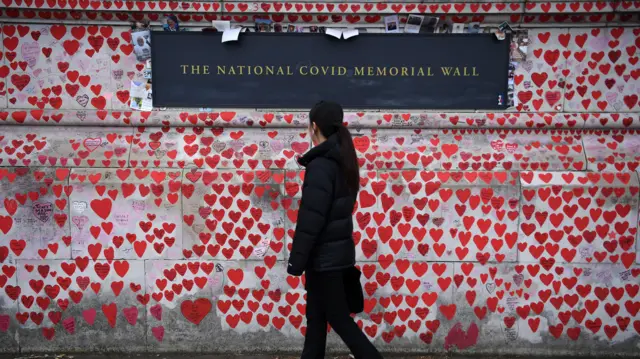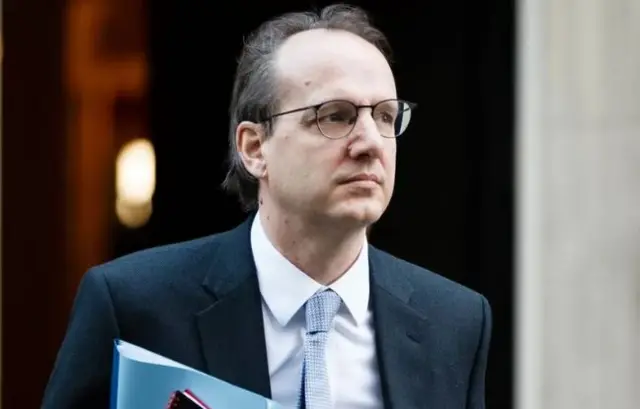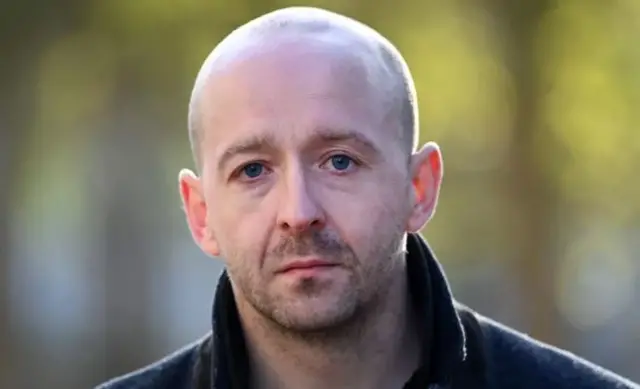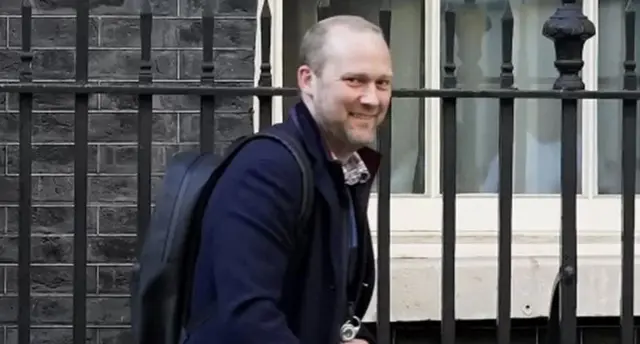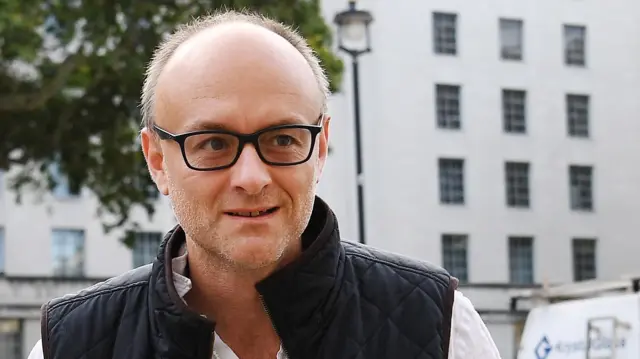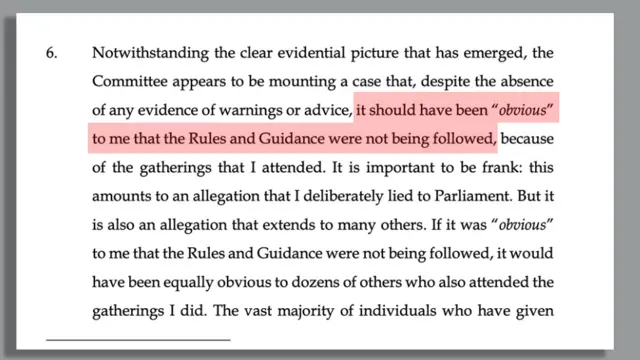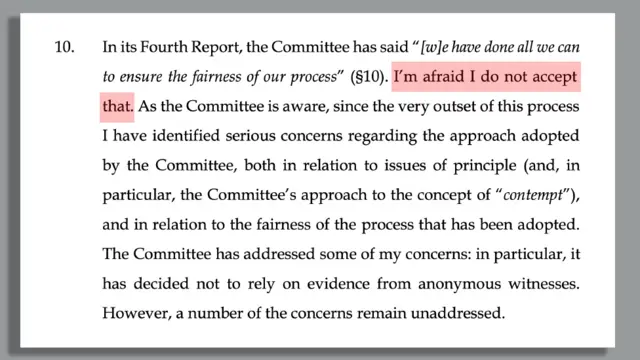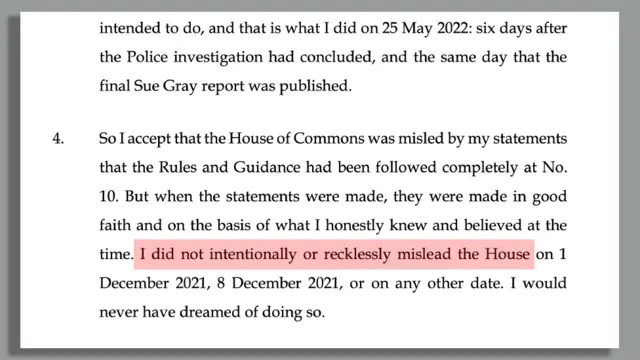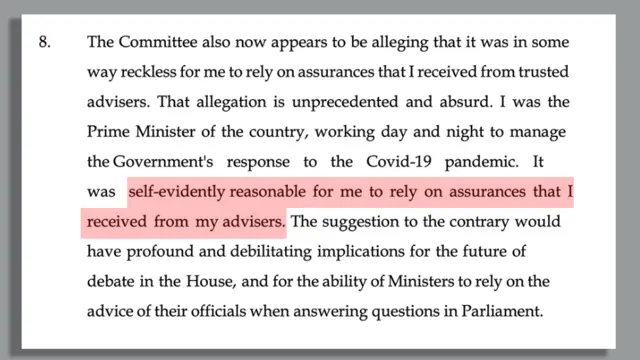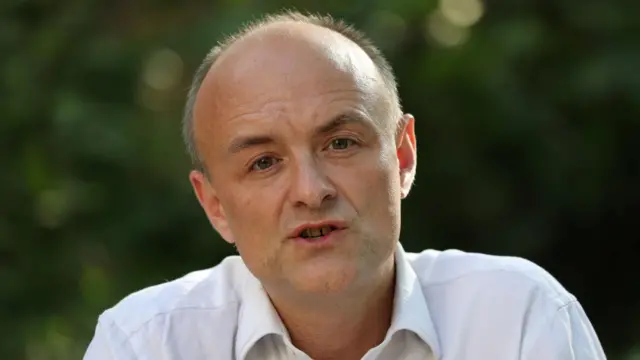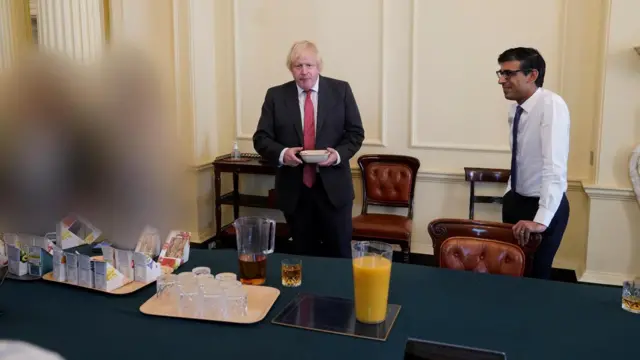Thank you for joining uspublished at 16:06 GMT 21 March 2023
Doug Faulkner
BBC News
With that we are going to end our coverage for today.
We'll be back again tomorrow as Boris Johnson goes before the Privileges Committee to give his evidence in person (and in front of the camera).
Today's coverage has been written by Becky Morton, Emily McGarvey, Michael Sheils McNamee, Nathan Williams and Doug Faulkner.
Thank you for joining us.
